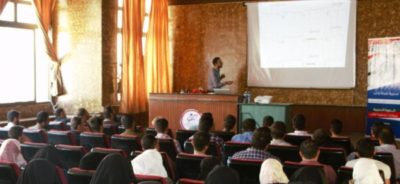Gastroenterology is the study of the normal function and diseases of the esophagus, stomach, small intestine, colon and rectum, pancreas, gallbladder, bile ducts and liver.
A Gastroenterologist is a physician with dedicated training and unique experience in the management of diseases of the gastrointestinal tract and liver.
Gastroenterology is the study of the normal function and diseases of the esophagus, stomach, small intestine, colon and rectum, pancreas, gallbladder, bile ducts and liver.
It involves a detailed understanding of the normal action (physiology) of the gastrointestinal organs including the movement of material through the stomach and intestine (motility), the digestion and absorption of nutrients into the body, removal of waste from the system, and the function of the liver as a digestive organ. It includes common and important conditions such as colon polyps and cancer, hepatitis, gastroesophageal reflux (heartburn), peptic ulcer disease, colitis, gallbladder and biliary tract disease, nutritional problems, Irritable Bowel Syndrome (IBS), and pancreatitis. In essence, all normal activity and disease of the digestive organs are part of the study of Gastroenterology.
Training
A Gastroenterologist must first complete a two-year Internal Medicine residency and is then eligible for additional specialized training (fellowship) in Gastroenterology. This fellowship is generally 3 years long so by the time Gastroenterologists have completed their training, they have had 5 years of additional specialized education following medical school.
They learn how to evaluate patients with gastrointestinal complaints, treat a broad range of conditions, . Gastroenterology trainees also learn how to perform diagnostic endoscopy(esphagoduodenoscopy, sigmoidoscopy, colonoscopy)and advanced endoscopic procedures such as polypectomy (removal of colon polyps), esophageal and intestinal dilation (stretching of narrowed areas), and hemostasis (injection or cautery to stop bleeding). Importantly, Gastroenterologists learn how to properly interpret the findings and biopsy results of these studies in order to make appropriate recommendations to treat conditions and/or prevent cancer.
Some Gastroenterologists also receive directed training in advanced procedures using endoscopes such as endoscopic biliary examination (endoscopic retrograde cholangiopancreatography or ERCP.

Supervision the approved training program.
Full supervision of the exam process in all its stages.
Defining the requirements for recognition of the training centers.
Defining the list of scientific references for specialization.
Conducting academic educational activities, conferences, courses and workshops.
Saturday- Thursday at 09am -3pm, except on holidays.
Gastroenterology Desieses office
Mr. abdulhai almohamad